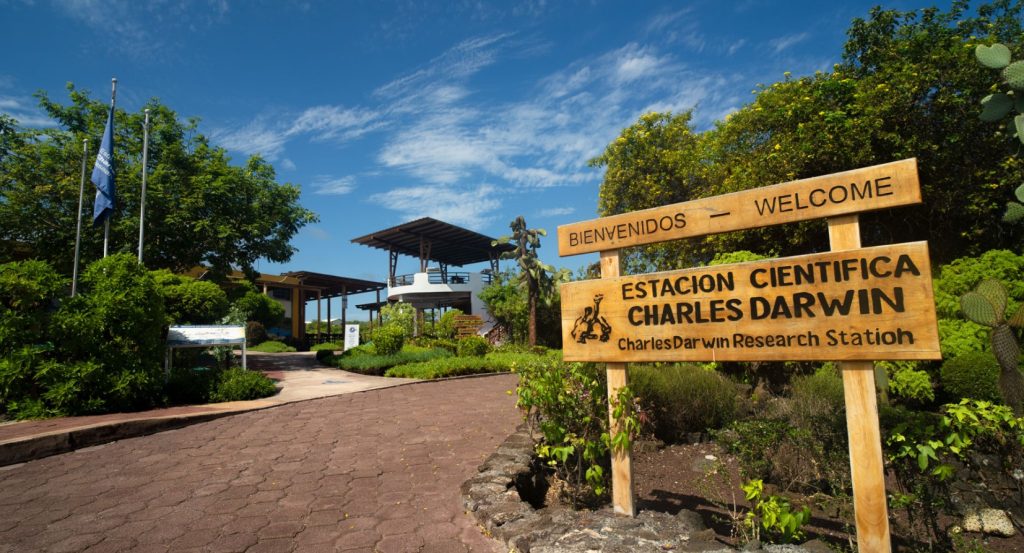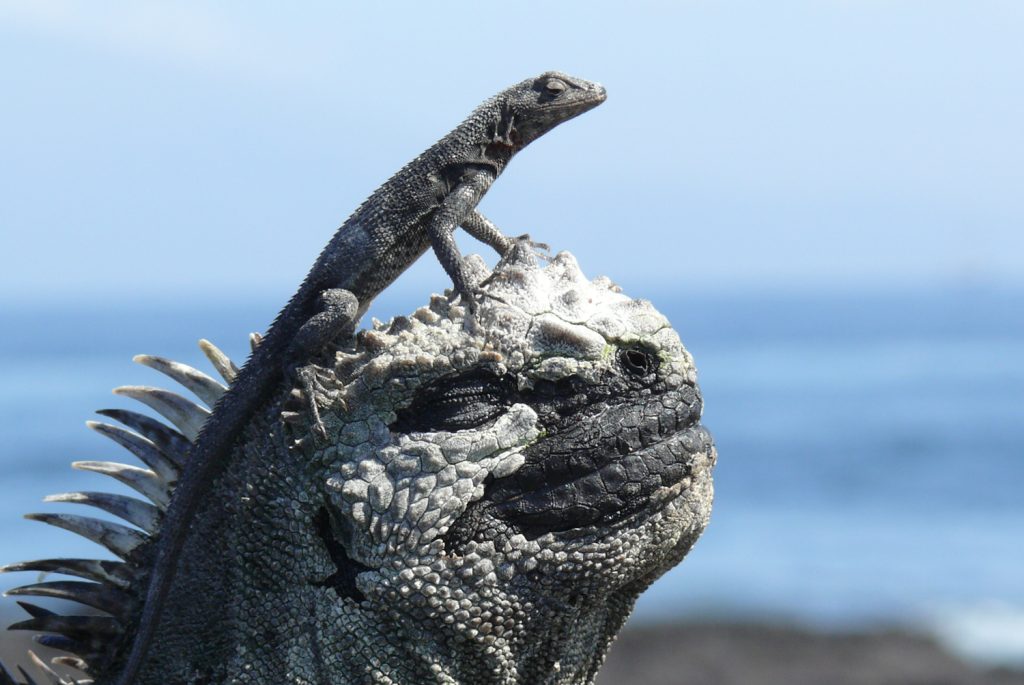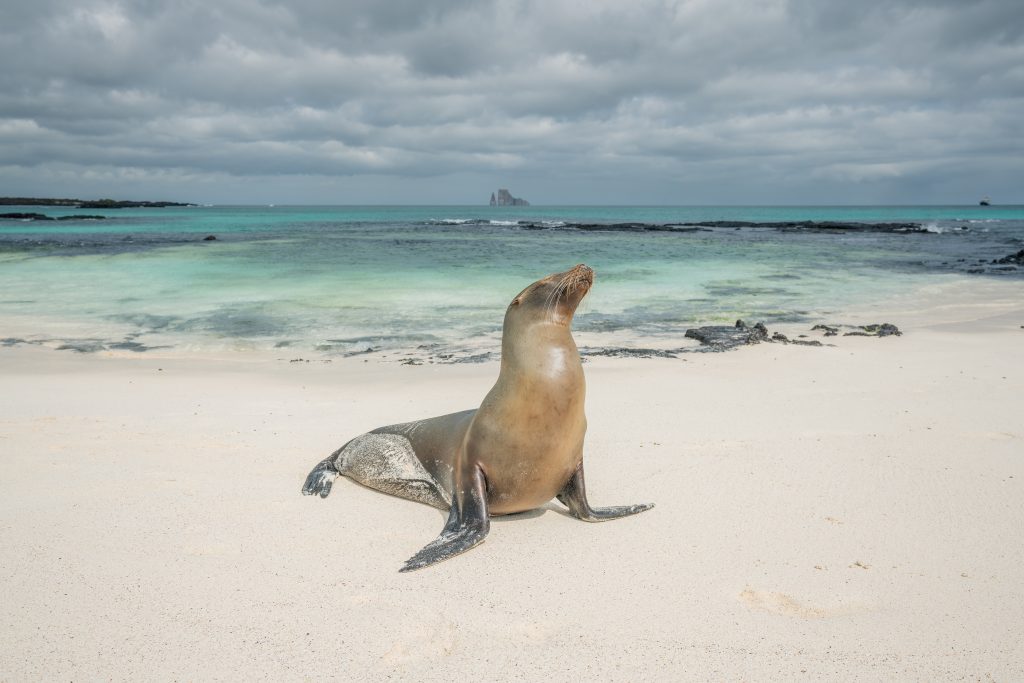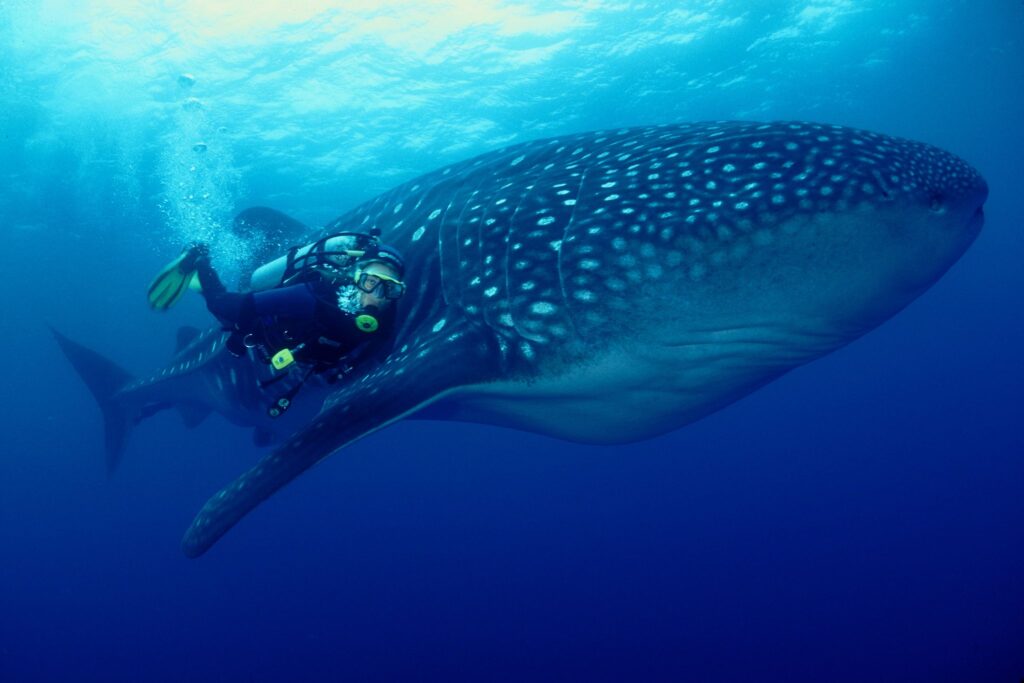
The Eco in Ecoventura
Sustainability has been at the heart of what we do since our inception, with efforts to minimize our environmental impact at the core of our operations.
We are proud at Ecoventura that we started greening the operation decades ago and continue to initiate and support efforts to preserving the Galapagos. We were the first recipient of SmartVoyager, an ecological certification, in 2000 when we voluntarily introduced strict conservation standards that were later incorporated into local regulations. Our flagship yacht, the Eric became the first hybrid energy tour boat in Galapagos with the installation of 40 solar panels and two wind turbines. In 2006, Ecoventura became the first carbon neutral operation in Galapagos through carbon offsets through Native Energy and reduce their footprint by 10%
In fact, when we started upgrading our fleet in 2016, our bespoke luxury expedition yachts were designed with this in mind. Wave piercing keels, an underwater bulb and a cutting-edge bow design and stabilization systems reduce drag as the vessels move through the water. With a steel hull and composite material superstructure, the vessels are also lighter than their traditional counterparts.
These design features allow for more efficient – not to mention smoother and more comfortable – sailing; fuel use, and therefore carbon emissions, are reduced by more than 30 percent, whilst nitrogen oxide emissions are 90% lower as catalytic converter systems can be operated 24 hours a day.









